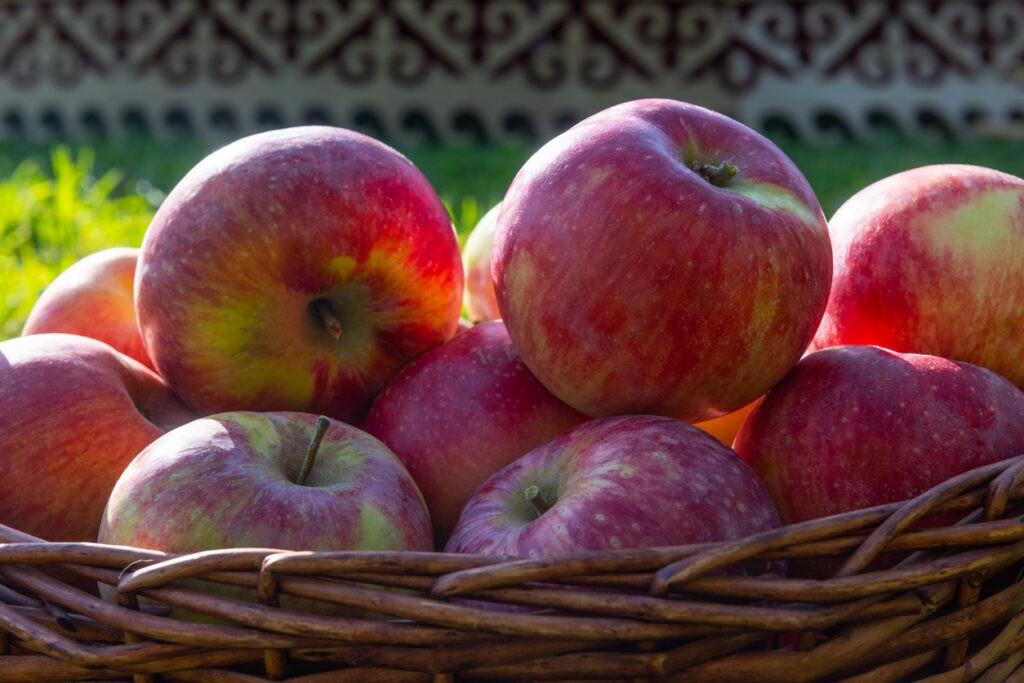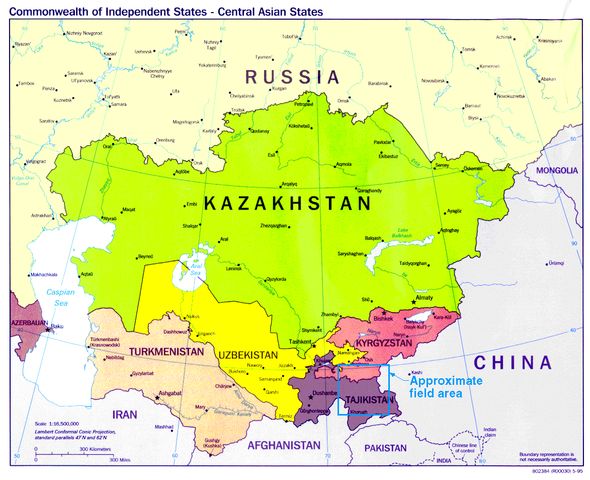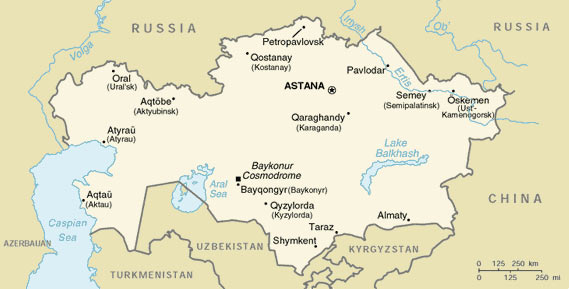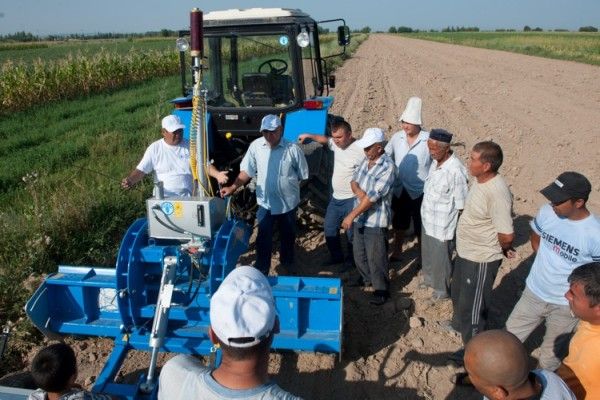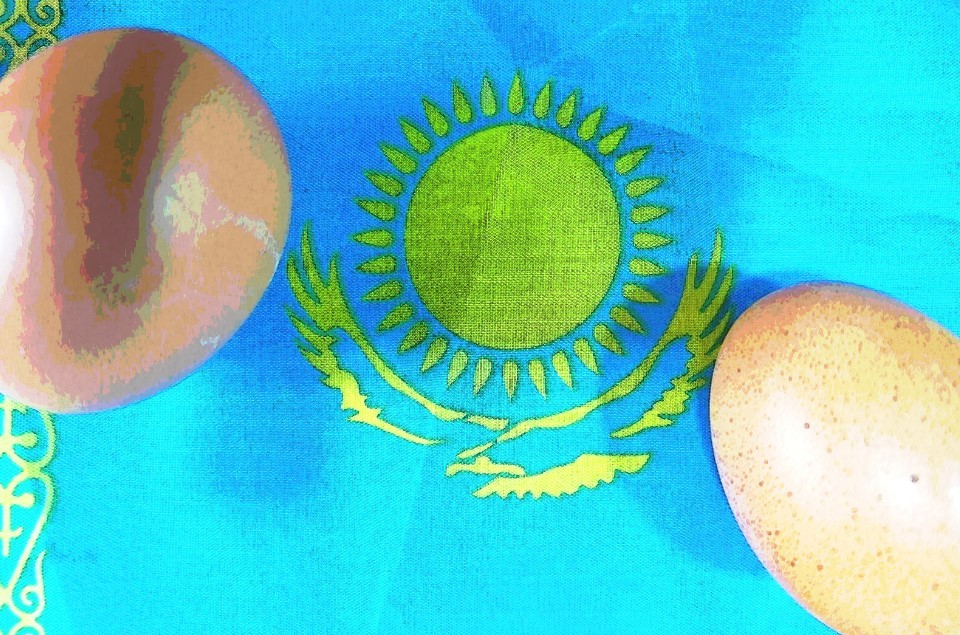BISHKEK (TCA) — Kyrgyzstan annually produces 800 thousand tons of fruit and vegetables, agriculture accounts for 14% of GDP, and 30% of Kyrgyzstan’s population is engaged in this sector, the country’s Investment Promotion Agency says.
Favorable climatic conditions allow growing organic and delicious products. However, the sector cannot develop rapidly due to small-scale and fragmented farms and households, undeveloped processing industry and poor marketing and logistics infrastructure.
Organic products
Kyrgyzstan’s farmers are interested in organic farming but unavailability of long and soft loans to farmers and agro processors prevent the development of organic production in Kyrgyzstan, the Bio-KG Organic Federation said.
The absence of a stable operating producer-consumer chain and high transportation costs and customs duties also hinder the development of the industry.
Despite Kyrgyzstan’s aim to boost organic farming there have been no changes in this area yet. With Kyrgyzstan’s joining the Eurasian Economic Union, local producers may now export their products to the large 170 million EEU market, but the country is not ready for that. The State is mainly engaged in the creation of conditions for organic products including improving logistics, laboratories, and training the people. However, this does not make sense if organic products cannot compete with products of other countries due to high costs and small volumes.
The introduction of innovative technologies could help change the situation in agriculture.
For instance, Kyrgyzstan’s experts have good experience in biogas technology including recycling of organic waste, manure at farms and urban food waste. After processing it, an environmentally friendly fertilizer is produced. Biogas plants help farmers to increase their harvests two or threefold compared to other farms.
However, these technologies are not applied at the state level due to the lack of money. Experts believe that the desire and the will are needed mainly, as the technologies have already been developed. But state authorities and local governments are not interested in their promotion.
Border problems
Kyrgyz producers face problems with crossing borders, especially with Kazakhstan.
The Eurasian Economic Commission (EEC) has advised Kazakhstan to remove the sanitary control at the border with Kyrgyzstan. Kazakhstan continues conducting sanitary control at the Kyrgyz-Kazakh border, contrary to the decision of the Supreme Eurasian Economic Council of May 8, 2015 on the abolition of this kind of control.
Kyrgyzstan has unilaterally removed the quarantine sanitary control.
The current situation causes significant delays in the export of goods from Kyrgyzstan to Kazakhstan, the EEC said.
Meat
Kyrgyzstan is the country of organic agriculture, with the most tasty and healthy meat, Russian Ambassador to Kyrgyzstan Andrei Krutko said recently in an interview to a Russian TV channel.
However, due to the lack of laboratories with international accreditation Kyrgyzstan can not export meat to the EEU market.
Slaughter of cattle in private farms is banned in the EEU as it must be carried out in special slaughterhouses only, which should be registered in the EEU. Otherwise, the meat cannot be sold not only abroad, but also inside the country.
There is only one large certified slaughterhouse in Kyrgyzstan, which works with all slaughter points, of which 15 have already confirmed their licenses, and seven have been tested by the veterinary inspection.
Beekeeping
Beekeepers of the Issyk-Kul province cannot export honey due to the lack of laboratories. Local beekeepers received 500 tons of honey this year.
Earlier, the beekeepers concluded agreements with Chinese businessmen but due to the lack of laboratories, they have no right to sell honey. There is a laboratory in Bishkek, but it can test only five parameters of the honey while China demands 18. If the problem is not solved, the number of beekeepers will reduce.
In recent years, the beekeeping industry has developed rapidly in the Issyk-Kul province. There were 150 beekeepers in 2003 and their number has grown to a thousand.
International organizations support Kyrgyz beekeepers. In the Sary-Bee Gorge in the Osh province in the south of Kyrgyzstan, local beekeepers, with the support of UNDP, have launched the first buffer zone in the country to develop bee breeding. In addition to the conservation and breeding of thoroughbred bees, they will prevent the spread of diseases, which will positively affect the quality of the honey produced.
The buffer zone is a protected area for the development of livestock breeding to improve the marketability of bee products and the preservation of bee species in the breeding apiary.
Viticulture
A festival of young wine was recently held near Bishkek to gather winemakers, importers, distributors, sommeliers, restaurateurs, hoteliers, and employees of government agencies and nonprofit organizations.
Kyrgyz viticulture declined after the destructive anti-alcohol campaign of 1985 and agrarian reforms in the 1990s. It has taken enormous efforts to revive the vineyards.
Prior to 1985, about 80 tons of grapes per year were harvested on 10 thousand hectares of Kyrgyz vineyards. The vineyards now occupy 307 hectares. Local winemakers produce wine and brandy and plan to enter the markets of China and Russia.

